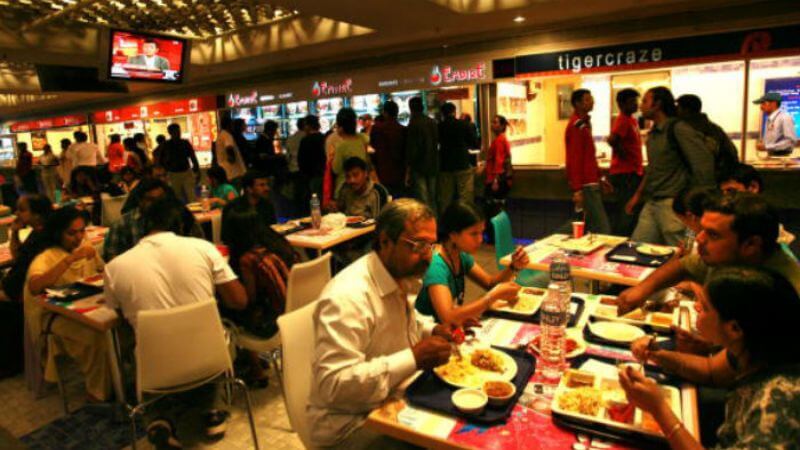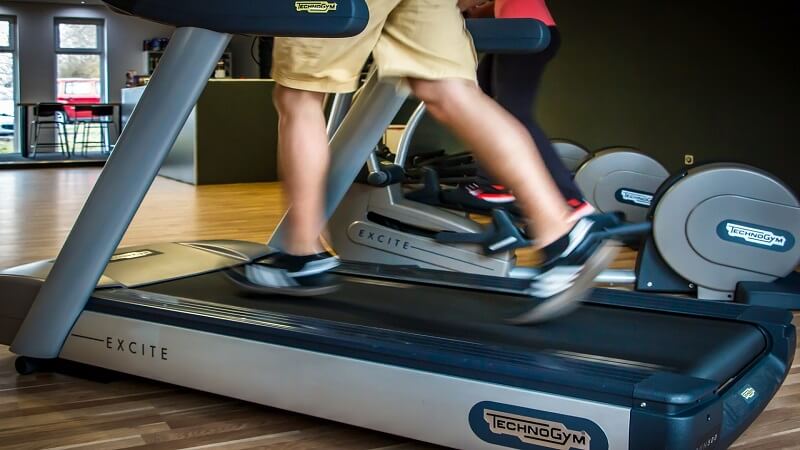In line with regional trends, 57% of Indian women and 42% of Indian men were observed to be physically unfit in 2022. This fact is according to a recent study published in The Lancet Global Health journal. Additionally, nearly 50% of Indian adults reported being inadequately physically active in 2022. Furthermore, an international group of experts, which included representatives from the World Health Organization (WHO), asserted that the South Asian area came in second place to the high-income Asia Pacific region. It was in terms of individuals who are not physically active enough. By 2030, 60% of the population may be in danger of illnesses linked to physical inactivity if this trend is left uncontrolled.
Urgent Wake-Up Call For The Physically Unfit

The study predicted that by 2030, 60% of adults may not be physically active enough. In India, for example, in 2000, slightly over 22% of adults did not exercise enough, and in 2010, nearly 34% of adults did not exercise enough. An urgent wake-up call has been issued for India. As a 2023 study by the Indian Council of Medical Research-India Diabetes (ICMR-INDIAB) published in The Lancet Diabetes and Endocrinology journal estimated that 315 million Indians had hypertension and 101 million were diabetics in 2021.
WHO’s Recommendation

For all people, the WHO suggests engaging in at least 150 to 300 minutes of moderate aerobic exercise (or an equal amount of strenuous activity) every week. Less than 150 minutes of moderate-intensity or 75 minutes of vigorous exercise each week is considered insufficient physical activity. It further raises the risk of dementia, cardiovascular disease, Type 2 diabetes, and several types of cancer. According to the report, out of 195 nations, India has the 12th highest incidence of inadequate physical activity.
Elements That Lead To Physical Inactivity

It is imperative that we get on our fitness journey right now. We need to take concrete actions to start moving and exercising in light of our declining health graph. Instead of consuming healthful food, people frequently opt to consume packaged, processed, or junk food. Their health is severely hampered by this, which leads to several health problems. These health problems are diabetes, obesity, heart disease, digestive disorders, high blood pressure, high cholesterol, stroke, and skin disorders.
The WHO’s Director of Health Promotion, Dr. Rüdiger Krech, ascribes the high rates of physical inactivity to variations in work schedules, surroundings, modes of transportation, and recreational pursuits. Further, these variables now favor more sedentary lifestyles. In 2022, over one-third (31%) of individuals worldwide did not engage in the recommended amounts of physical exercise. High-income Asia-Pacific and South Asia areas saw the highest percentages.
What Do The Health Experts Suggest?

Dr. Manish Pendse is a Senior Consultant Physician and Diabetologist at Medicover Hospitals in Navi Mumbai. He stated, “It becomes essential to indulge in physical activities or exercise, to keep your body fit and away from multiple diseases. Your fitness regime could include low-impact exercises like walking, jogging, meditation, and Yoga and intense physical activities like running, cardio, weight lifting, and hitting the gym. Being physically active for at least 30 to 40 minutes daily can stimulate metabolism helping in managing weight.”
Following this advice and suggestions can help people avoid being physically unfit. A health professional suggested,
“Eat well-balanced food that contains equal amounts of essential nutrients like protein, vitamins, minerals, carbohydrates, and omega-3 fatty acids. Make healthy food choices that are low in calories, cholesterol, and saturated fats, and contain sugar, and salt in moderation. Keep a daily track of your body weight to see if you are gaining weight or losing weight. This can help you create a tailored plan to maintain your physical and psychological health.”
He made people aware by stating,
“Avoid unhealthy habits like drinking alcohol, chewing tobacco, smoking, sitting in one place for prolonged hours without taking adequate breaks, and eating at unusual hours. Consult your doctor for expert guidance and tips to maintain fitness in this fast-paced life. Stress also leads to weight gain and gastric problems, It is imperative to de-stress by doing activities that calm you down.”
Women In India Are More Physically Inactive

According to the study, there is a greater physical inactivity gap between men and women in India. This difference can be attributed to cultural obstacles and the belief that home activities suffice as exercise. Women frequently emphasize taking care of the home and providing care, which leaves them with fewer hours of physical activity. Women find it difficult to make time for their health and physical exercise because of these duties, as noted by Drs. Fiona Bull and Tessa Strain of the World Health Organization.
An important public health problem is the growth in adult Indians’ physical inactivity. A holistic strategy is needed to address this problem to prevent people from being physically unfit. The strategy should include supporting balanced meals, and fun physical activities. Further, removing cultural obstacles that keep women from getting enough exercise would help.
Follow Us: Facebook | Instagram | X |
Youtube | Pinterest | Google News |
Entertales is on YouTube; click here to subscribe for the latest videos and updates.














